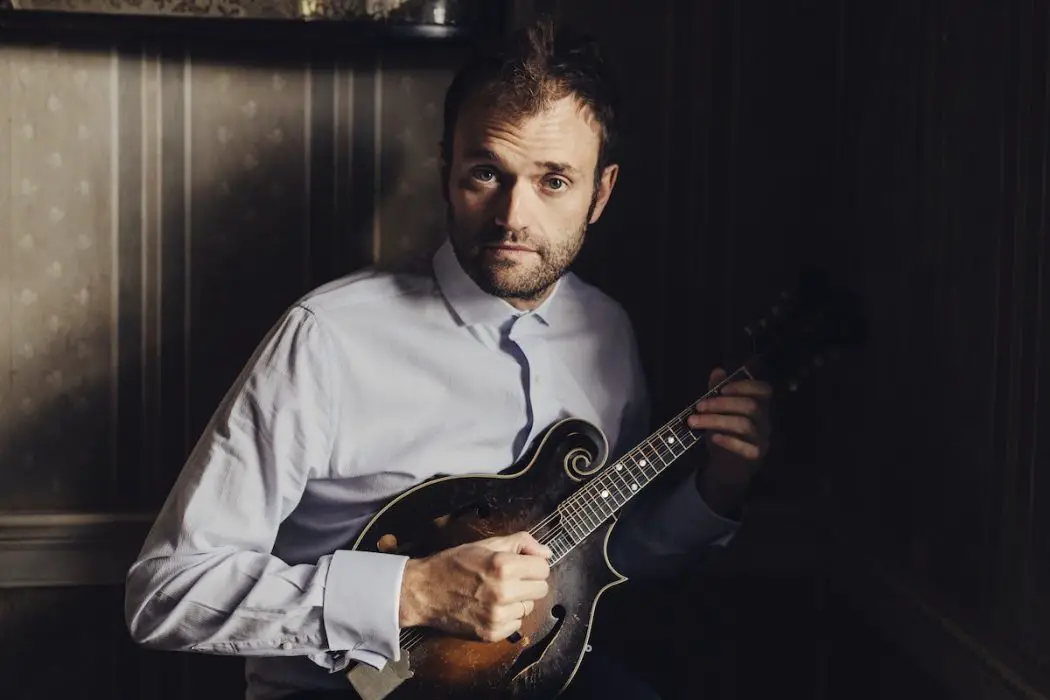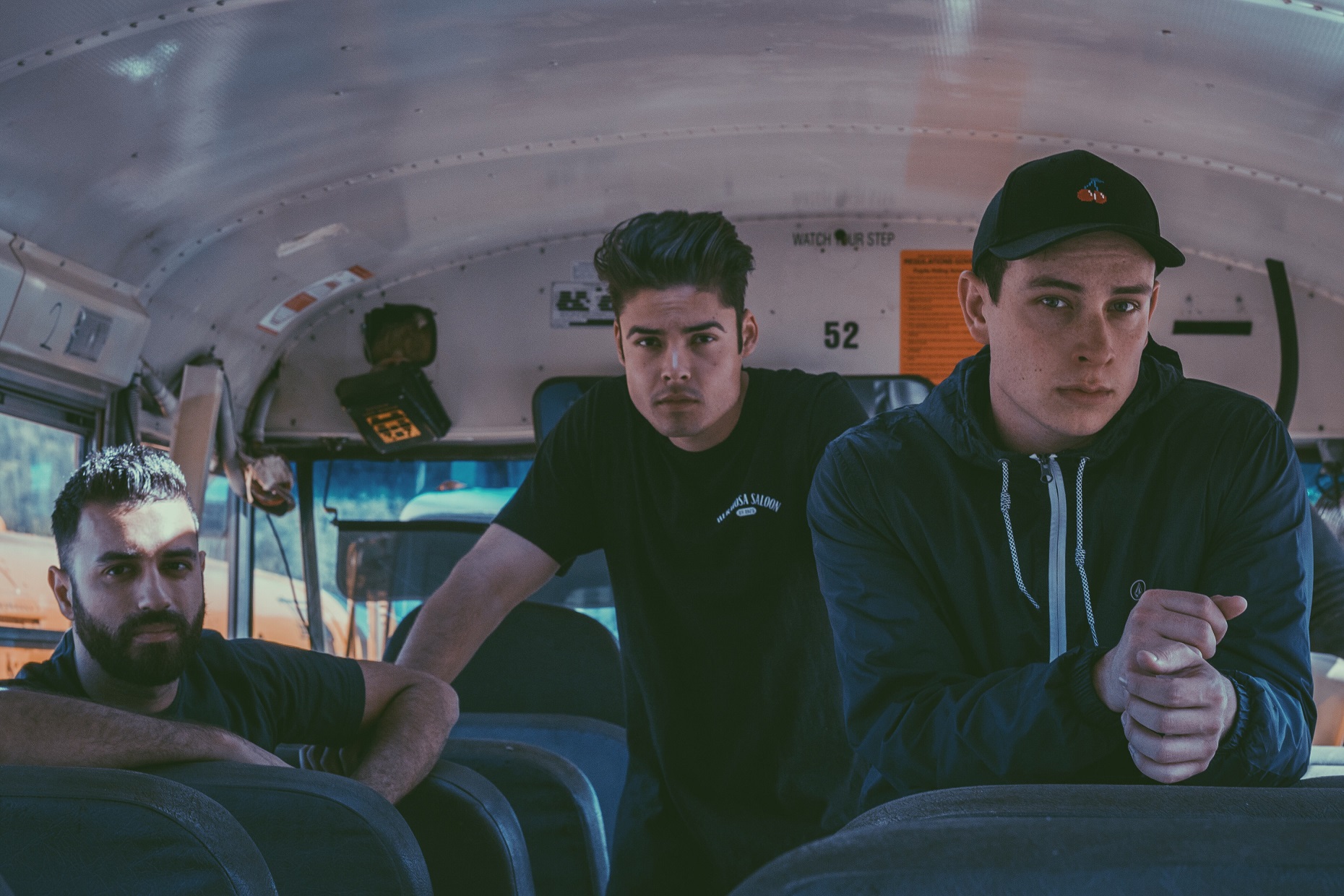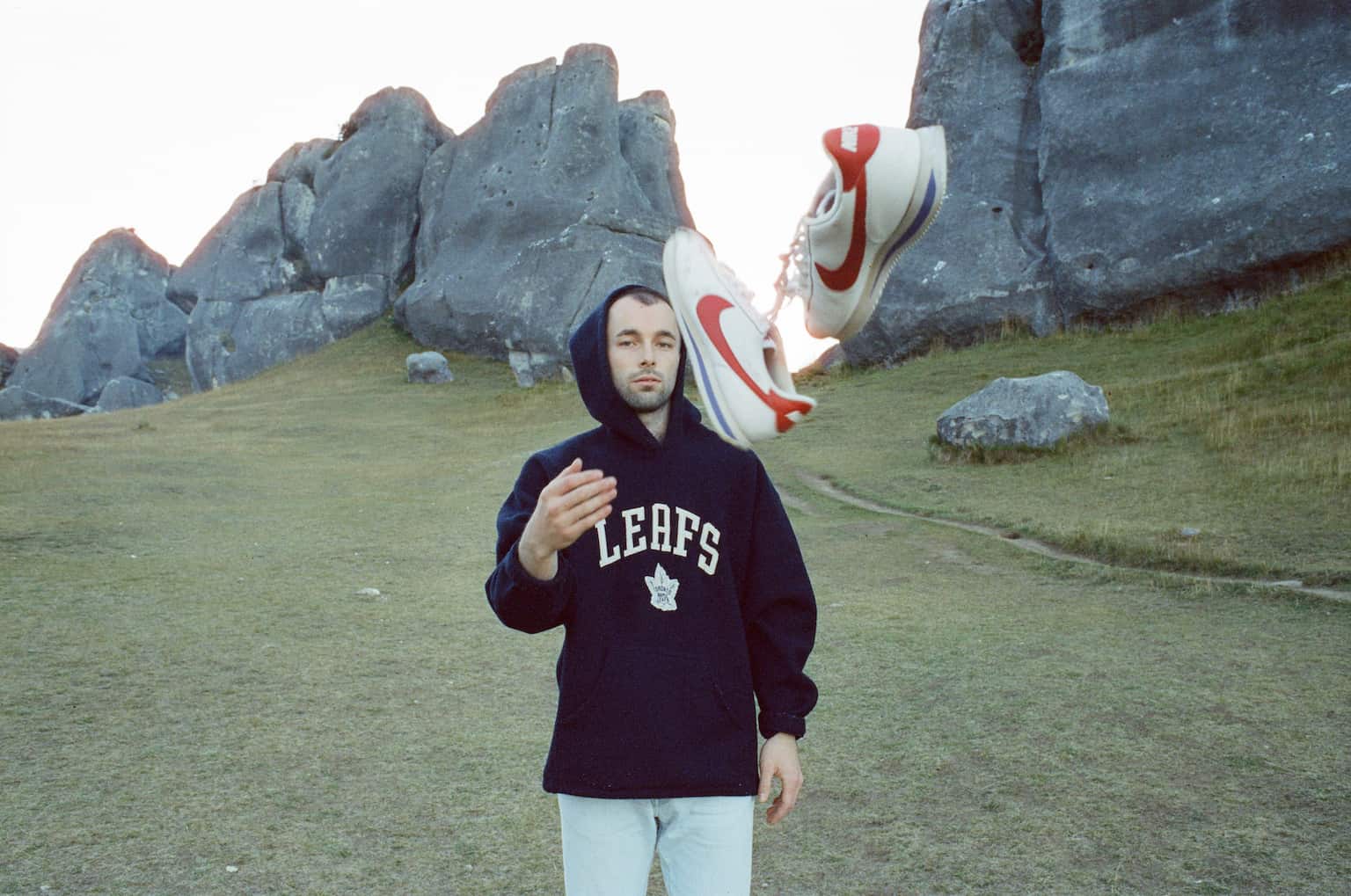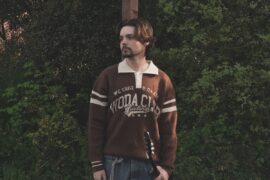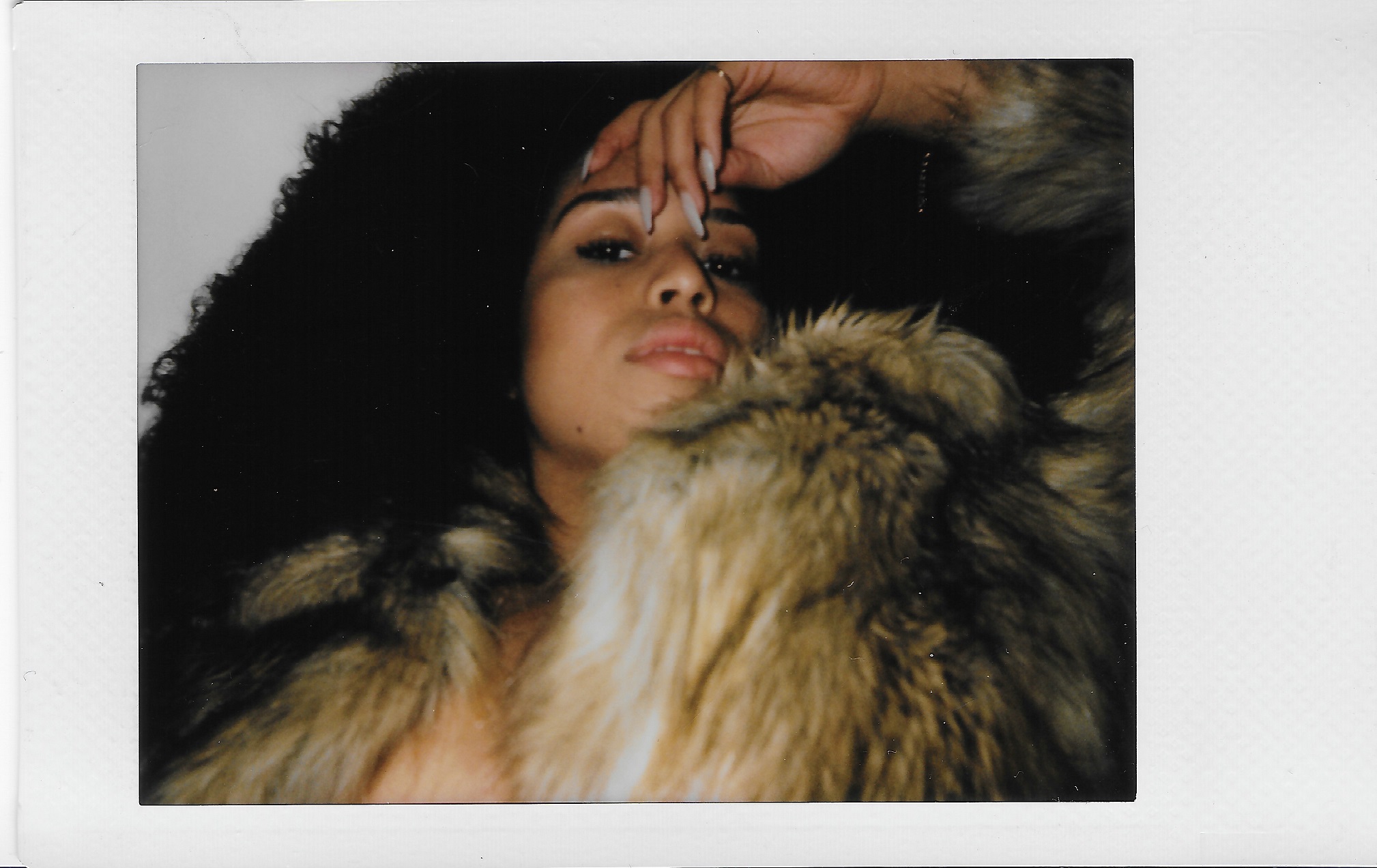Chris Thile, Yo-Yo Ma, Stuart Duncan, Edgar Meyer, and Aoife O’Donovan’s return to the Goat Rodeo is everything you expect and more. Somehow, they’ve gotten even better.
Stream: ‘Not Our First Goat Rodeo’

It’s been almost ten years since The Goat Rodeo Sessions came into the world, but the clear musical bonds that were forged between cellist Yo-Yo Ma, mandolinist Chris Thile, violinist Stuart Duncan, bassist Edgar Meyer, and guest singer Aoife O’Donovan during its inception were too strong to leave it at one album. The first record was an astounding collision of the Americana, bluegrass, and classical worlds its makers reside in. Between the driving pulse of “Here and Heaven” and the languid flow of “Franz and the Eagle,” something deeply special arose. There was an undeniable chemistry in the way they played together – Thile and O’Donovan’s near-perfect vocal blend, Ma and Duncan’s melodic interplay, and the playful complexity of their music.
Nine years later, the group reunited to record Not Our First Goat Rodeo (out June 19, 2020 via Sony Masterworks). The record is as musically impressive as the first, but with a decade of life lived speaking through the silent spaces. Through compositionally complex pieces, the group craft a sound that is still difficult to pin down – it charted #1 on both bluegrass and classical charts, but there is something in the record’s delicate balancing acts that defies categorization. Each musician is a well-known powerhouse on their own, but together, there is an undeniable magic. Not Our First Goat Rodeo is beautiful, powerful, and impressive – but most of all, it could only be made by this group of people.
Atwood Magazine spoke to Chris Thile about the making of the albums, the language around genre, and making whole universes out of one text.
Music is so mercurial, and the more original it is, the more it resists being categorized.
— —
:: stream/purchase Not Our First Goat Rodeo here ::
A CONVERSATION WITH CHRIS THILE

Atwood Magazine: Congratulations on the new album! I was so excited when I heard there’d be a new one.
Chris Thile: I’m so glad we decided to do it. The first time around, it was so much fun and I think we all inwardly got a little bit of a panicky towards the end of the project. We’re finishing up touring behind that record going like, “Is this ever gonna happen again? It’s too fun, right?” I think it was Yo-Yo who brought it up, sort of like, “I mean, but we’ll do another one right?” to which we all replied, “Hell yeah!” It took us a little while to wrangle all our various schedules, but we did it.
It’s been almost a decade since the first Goat Rodeo. Why now?
Chris Thile: Honestly, it’s as unromantic as that I think it took this long to get the schedules together [laughs]. As busy as we all were preparing for the first one, we’re that much busier now. A huge difference now is that Aoife and I both have spouses and children, which creates a whole new set of complications that only Yo-Yo, Edgar, and Stuart were experiencing previously.
The more romantic aspect of it, though, is that I don’t know when I’ve actually had a project this involved, where the first and second installment of them were this far apart. It really set up an interesting perspective. There was this ability to hold the prior project at arm’s length, almost as if it had been made by someone else, and really evaluate it like, “What do we want to take from it and what do we want to leave?” Sometimes I think when you’re three, four, or five years off of a project, you’re still very much the person that made it. Finding perspective is tricky, it’s very difficult to remove yourself from the process. When you are up in the thing that you’re looking at, you’re just not going to see it as it really is. I think the amount of time that it took us to get to this next one was sufficient for developing a real perspective on the last one.
Finding perspective is tricky, it’s very difficult to remove yourself from the process. When you are up in the thing that you’re looking at, you’re just not going to see it as it really is. I think the amount of time that it took us to get to this next one was sufficient for developing a real perspective on the last one.
You’re obviously all such seasoned professionals, but did you notice any difference in playing or writing style when you came back together?
Chris Thile: I noticed a lot. You hear it in everyone, there was a lot of life lived between the last one and this one. There are two things that go on. You notice the way in which people have grown as musicians, and then, perhaps more than anything, the way they have grown as human beings. When you get to a certain point in your musical development, I think there’s less development in technical things than there is in who you are as a person. You see a theme come out in your playing, the way little nuances and shades grow into your work. There’s a lot of self discovery in that. I mean that’s one of the reasons that I think relationships can be so good for us as human beings. The person that we’re with is constantly holding that mirror up to us.
Musicians constantly do that to each other as well. Yo-Yo could do something and all of a sudden I’d remember how I would have reacted to that nine years ago, and how I react to it now. You see the marked difference and then you hear him reacting to you, and maybe remember how that reaction worked nine years ago. And like the difference in how Stuart would tackle a difficult passage now as opposed to during the first project. Stuart is one of the most remarkably intuitive musicians I’ve ever I’ve ever played with, and he’s not a sight reader. So the involved, composed passages, especially the first time around, were tricky for him and this time, you know, he hasn’t become a sight reader, but the way that he just takes to it, just dives right in with that kind of faith that it’s all going to work out, is really amazing to see. You’re observing these things, but it really is the human growth that I was experiencing more I think than the musical growth. Of course, that manifests itself musically into something delicious.
What is the compositional process for this group like?
Chris Thile: It was mostly Stuart, Edgar, and me, and Aoife for a couple of them, coming in with little things that we thought might be Goat Rodeo-able. The various things that you’ve collected over the years start raising their hands. I’m a religious voice memo maker. You might be working on something else and it just falls out of you, and you go, “It’s not time for that right now, but I might get to that later.” I only know how my situation works as we’re winding up for a project like this, but I started combing through the voice memos and wondered, “When we get into the room, am I going to want to have this kind of thing?” and out something might plop. I think it’s the same for Edgar and Stuart – we’ve all just got little nuggets, not even half baked ideas, and bring them into the writing room and see what happens. The free association that goes on in the writing room is something that I cherish. When you play a thing, you have a certain perspective on it, but when someone else hears the same exact passage of music in a completely different way and they take it to their instrument and reflect it back at you, it is indelibly changed in your own mind as well. That’s the thing I love the most. Then when you get Yo-Yo involved, you watch these things that you’ve composed — it’s like he’s animated them, like it was just this thing lying on the operating table, and then you hear Yo-Yo playing it, like, “It’s alive!” [laughs]. Yo-Yo…he’s the composer, if you’re thinking of how music is made and how it changes – anytime it becomes something that it wasn’t before, to me that’s composition. So it really is collaborative across the whole group.
Aoife also is very hands on in the writing room. That was really fun and – talk about a difference between the first round of the project and the second – the lyrics that Aoife and I wrote came from a very kind of literal place. On “Here And Heaven” [from the first album] we wrote every word together, and then with “The Trappings” and “We Were Animals,” we talked about the concept together. We thought it would be fun if we each went off separately and thought about work-life balance, and we wrote two songs that were from our perspectives on work-life balance. “Here And Heaven” in a way was sort of a prelude to those two songs.
I love that line from “The Trappings,” “...a double LP spun from a late-night text.”
Chris Thile: That was about the writing process back in, whenever it was, 2011. I think probably writing something like “Here And Heaven,” or “No One But You,” in 2010…the loneliness was so romantic. You know, when you’re young, being lonely can be very romantic. Obviously, it can also be terrible. But I’m glad that resonated. I can remember like, you get some text from someone that you’re pining away for and make a whole universe out of it.
I’m so glad Aoife is back on this record – out of curiosity, is there a reason you chose her to be the only vocal collaborator on these projects?
Chris Thile: The scope of her musicianship is so incredible. She was the one who could look at a score and get a good idea of what’s going on, but she also was someone who could improvise a harmony part, and it wouldn’t just be parallel. She’s going to improvise a harmony part that incorporates contrary motion and has like a spirit of adventure quality to it. The very first time we ever sang together, you know, probably at a festival somewhere, the blend was so instantly natural. I kind of feel like she’s my sister when we’re singing, as if we’ve been in a family band or something.

For music that is so clearly a hybrid of many things, how does this balancing act work? Do you actually discuss when something becomes bluegrass or classical music or does it just come out because of who you are as musicians?
Chris Thile: It just naturally finds its place. That kind of thing doesn’t even really need to be communicated. I feel like people just are who they are, and they’ll make the music they make. That’s not to say that words can’t be attached to it, but the words definitely aren’t generating anything. Overall, I’m happy with how people’s perception of genre has evolved over the last 10 years or so. I think it’s getting closer to being more helpful now than it used to be. Actually, I don’t think it’s more helpful, I think it’s less hurtful. Less constricting and more just descriptive. I think when people talk about style and language, when you talk about grammar and things like that, people talk about descriptive vs. prescriptive. I think discussions of genre were overly prescriptive in my youth, you know, up until really the last five to ten years. I think there’s been a lot of growth in that regard in the music community and now it’s more descriptive. The ways in which it was dangerous, is that it would color people’s perception of what they were listening to. If you don’t eat, sleep, and breathe music, then the way in which something is presented to you, your ears are going to be trudging through a pea soup fog of preconception. You will hear things that are not there and not hear things that are.
And that’s the danger of throwing around descriptors willy nilly that aren’t carefully considered or that are more generated from visual cues than aural ones. But I think music lovers the world over are doing way better on that these days, I’m really excited. I used to see interviews of myself back and go like, “Oh man, you’re being so mean about genre.” I was really worked up about it there for a while [laughs]. I think people are starting to just interact with what’s there, as opposed to some weird mixture of what’s there plus what they think it is or what it should be. Music is so mercurial, and the more original it is, the more it resists being categorized.
If you don’t eat, sleep, and breathe music, then the way in which something is presented to you, your ears are going to be trudging through a pea soup fog of preconception. You will hear things that are not there and not hear things that are.
You have such eclectic tastes. I’ve always wondered if there’s a musician that inspires you whose influence doesn’t necessarily come out in your music.
Chris Thile: Oh, sure. I’m a massive Kendrick Lamar fan, as is the whole world. There’s so many things about it that amazed me and inspired me, First of all, of course, I’m just completely blown away by his rhythm. It’s just extraordinary the way that he develops a theme over the course of a song and over the course of a record, so his, his control of narrative development pattern, both micro and macro, they’re just mesmerizing so I keep listening, I keep trying to learn.
You are obviously one of the world’s biggest collaborators – what changes to you when you come to this group vs. someone like Brad Mehldau or Nickel Creek?
Chris Thile: Well, each project is just like relationships. It’s like friendships. So, you have a friend or a circle of friends with whom you’re like, here’s my buddy that I talk Cubs baseball with. Here’s my wine drinking buddy, we’re going to talk about life, and we’re gonna talk about it through a filter of like, a discussion of various terroirs in Burgundy [laughs]. And over here with this friend, we’re going to talk about life, and we’re going to talk about Cubs baseball. That’s how all of these projects are. If you think about those various friends that you go to for certain kinds of conversation, it’s not that that person just lives for Cubs baseball and that’s it, but like, I’m the person that he talks about baseball with and then he’s got all those other things he talks about with other people. I think that that’s how collaboration works. And so you realize, that’s one of the fertile veins of conversation that this collaboration has, and that those things start to define that relationship. And again, not in a prescriptive way or constricting way, but in a descriptive or liberating way, and a catalyzing way. With Goat Rodeo, we have the luxury of getting to pick those conversations back up where they left off, seeing where some of those conversations have changed, and finding a new fertile vein of conversation.
With Goat Rodeo, we have the luxury of getting to pick those conversations back up where they left off, seeing where some of those conversations have changed, and finding a new fertile vein of conversation.
— —
:: stream/purchase Not Our First Goat Rodeo here ::
— — — —

Connect to Chris Thile on
Facebook, Twitter, Instagram
Discover new music on Atwood Magazine
? © Josh Goleman
:: Stream Goat Rodeo ::

